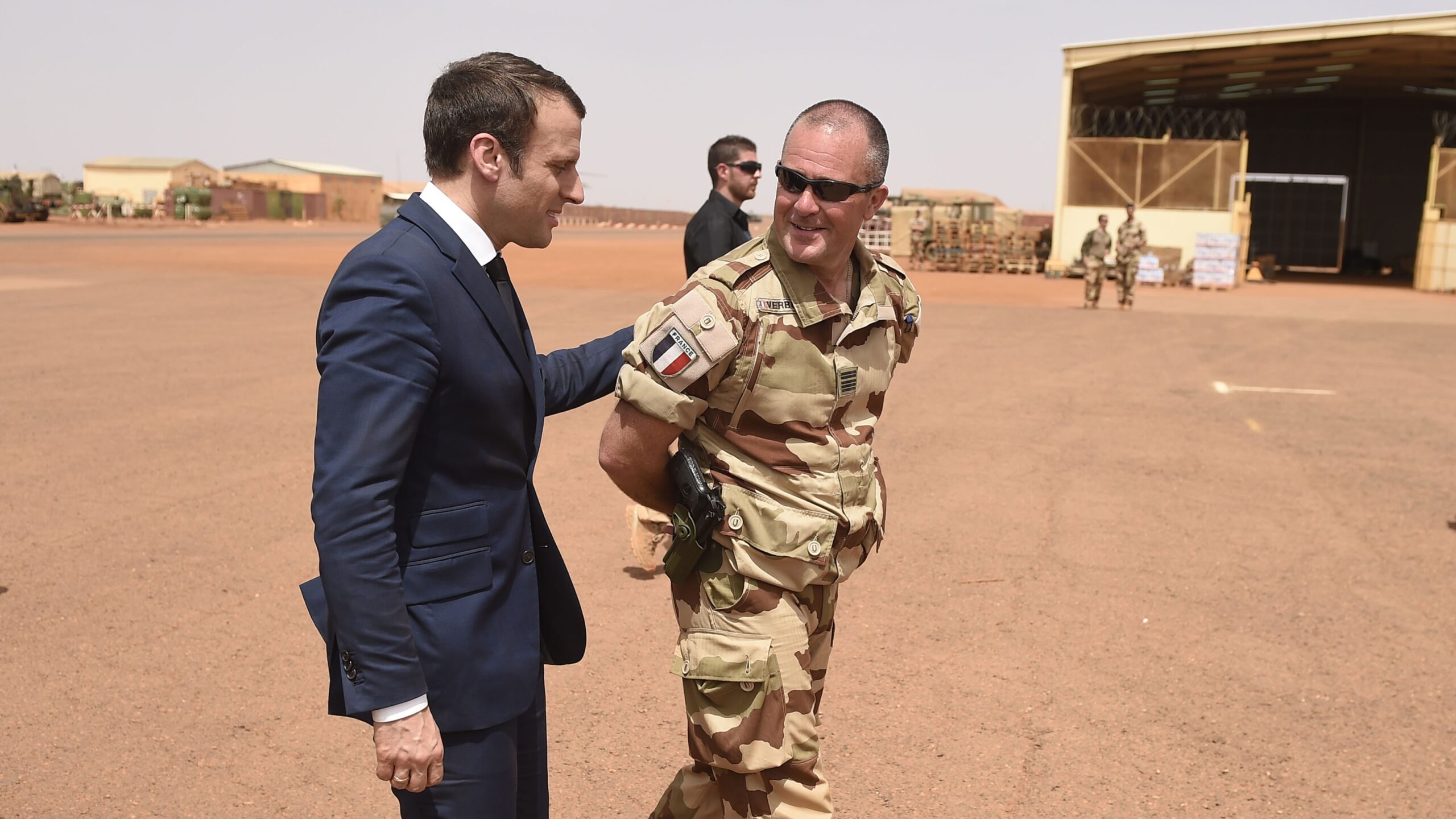France and its allies in the Barkhane anti-jihadist operation in Mali on Thursday announced a “coordinated withdrawal” of their forces because of “multiple obstructions” by its ruling military junta.
In a joint statement, Paris as well as other EU nations and Canada vowed to pursue “joint action against terrorism in the Sahel region, including in Niger and in the Gulf of Guinea”.
The decision applies to both France’s Barkhane force in the Sahel and the Takuba European force that Paris had been trying to forge along with its allies.
“The political, operational and legal conditions are no longer met to effectively continue their current military engagement in the fight against terrorism in Mali,” the statement said.
The allies therefore “decided to commence the coordinated withdrawal of their respective military resources dedicated to these operations from Malian territory.”
The announcement was made as President Emmanuel Macron is to travel to Brussels on Thursday for a two-day EU-Africa summit, following a 9am press conference at the Elysee on the “engagement of France in the Sahel”.
The Mali deployment has been fraught with problems for France. Of the 53 soldiers killed serving in its Barkhane mission in West Africa, 48 of them died in Mali.
France initially deployed troops against jihadists in Mali in 2013 but the insurgency was never fully quelled, and now new fears have emerged of a jihadist push to the Gulf of Guinea.
Even after the pull-out from Mali, however, the allies vowed to remain engaged in fighting terror in other countries including Niger.
“They agreed nonetheless to continue their joint action against terrorism in the Sahel region, including in Niger and in the Gulf of Guinea,” the statement said.
“They have begun political and military consultations with them with the aim to set out the terms for this shared action by June 2022.”
The announcement of the withdrawal came at a critical time for Macron, just days ahead of a long-awaited declaration from the president that he will stand for a new term in April elections.
It also coincided with Macron seeking to take a lead role in international diplomacy as he presses Russia to de-escalate in the standoff over Ukraine.
Especially with the French elections looming, Macron’s priority is to ensure that any withdrawal does not invite comparisons with the chaotic US departure from Afghanistan last year.
Macron on Wednesday prepared the ground for the announcement with a dinner bringing together the leaders of France’s key allies in the Sahel region – Chad, Mauritania and Niger.
Officials from Mali and Burkina Faso, which also recently experienced a coup, were not invited to the meeting.
There are a total of 25,000 foreign troops currently deployed in the Sahel region.
They include around 4,300 French soldiers, which under a reduction announced last year are due to fall to around 2,500 in 2023 from a peak of 5,400.
 موقع وجه أفريقيا موقع وجه أفريقيا هو موقع مهتم بمتابعة التطورات في القارة الأفريقية
موقع وجه أفريقيا موقع وجه أفريقيا هو موقع مهتم بمتابعة التطورات في القارة الأفريقية



